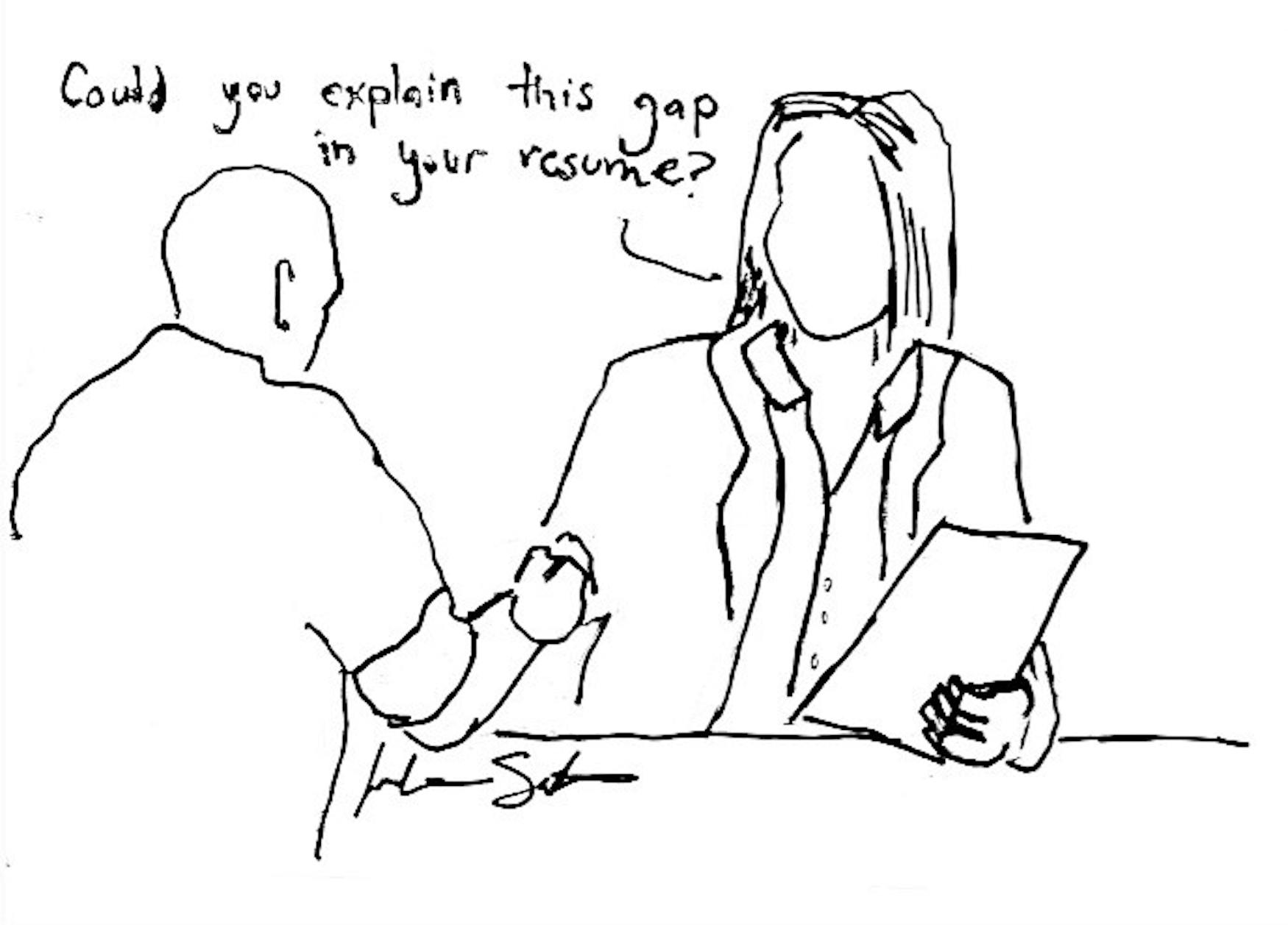The wrongly convicted should be better compensated for serving prison time
When you were younger, did you ever do something you were not supposed to and avoid punishment by blaming another? Whether it be a sibling or pet, someone always has to take the blame. Without assigning blame, how can there be justice? This notion of the wrongly accused goes far beyond blaming your sister for breaking the dishwasher or your dog for eating your homework; many individuals have been wrongly imprisoned for another’s crime for generations. Some spend decades behind bars for crimes they did not commit. These individuals are wrongly imprisoned on behalf of a false accusation. Then, to add insult to injury, the little justice they received from being released is negligible at best because states are not mandated to compensate these people, and many tend to be uneducated and unemployed. Unfortunately, these forgotten members of our society are set up to fail. As this is clearly unacceptable, states should be mandated to pay an annual minimum of $50,000 to each individual once they have been exonerated.
The first people we must think about are these victims of the judicial system. Most were in their early adult years when they were locked away for decades. Thus, most have limited schooling, and because they are locked behind bars for so many years, they fail to keep up with the changes society undergoes during that time. Last semester, Fred Clay, who was wrongly convicted of murder at age 16 and was exonerated 38 years later, spoke to my class, Crime and Punishment: Justice and Criminality from Plato to Serial, about the hardships of his life prior to and during prison, in addition to the uncertainty of his future. Clay says he wants to learn survival skills, learn to budget, find a healthy relationship, and do something he would have done as a teenager if he hadn't been put behind bars. Now he is expected to support himself by finding an occupation and an employer that will hire a ex-convict. It has been over a year since Clay was released from prison, and although the judge claimed he could qualify for up to $1 million in compensation from the Commonwealth of Massachusetts, he has yet to see any money.
Aside from being unprepared with alternative job experience or education, the wrongly accused frequently suffer altered emotional states resulting from their time in prison. Being locked and deprived of many freedoms changes a person. The strict routines, types of social interactions and paranoia that come with a lack of privacy are only a few of the alterations one must grow to live with behind bars. Often, when prisoners are released from long sentences, they are societal outcasts because they cannot find a place where they “fit.” For years they followed a very stringent way of life, and once they leave the prison yard, regardless of whether or not they were innocent or guilty, everything they are familiar with has little to no meaning anymore. In addition, many suffer from PTSD and other mental illnesses due to their years in solitary confinement and subjection to other brutal punishments, such as public beatings and verbal attacks. Therefore, it is baffling that the government believes these people can not only easily assimilate back into society, but have the complete wherewithal to find employment without the financial means to afford therapy, education, decent food and shelter.
Individuals exonerated and released from prison will not be the only ones benefiting from this mandate. Creating hefty financial compensation for those who are wrongly convicted will, in turn, put more pressure on law enforcement and the prosecutors to do their jobs properly. In Clay’s case, there were many uncertainties that raised reasonable doubt — it was dark, and the only witness was on the third story of an apartment building and 75 feet away from the incident. Based on these facts, it would have been hard for that witness to make a proper identification. In addition, Clay’s alibi was seemingly ignored. If a $50,000 annual victim compensation fee were on the line for every wrongful conviction, law enforcement and prosecutors would likely take more time and care with cases to ensure that the plaintiff was, in fact, guilty. States and their officials, in order to avoid financial hardships or worse, bankruptcy, will have a vested interest in law enforcement being more proactive in ensuring that they do a more thorough job of investigating and trying each and every case properly. The social benefit of this policy will be an increase in trust in law enforcement. People will be more willing to work and cooperate with the police because they know that they will be doing everything in their power to protect the public and deliver justice.
Ultimately, the justice system has already failed the exonerated. Why continue their suffering? From birth, we are taught to trust in the ways society operates, yet how can we when those who are innocent have so much of their lives stolen from them? This victim compensation fee would help them get back on their feet and transform them into valuable, contributing members of society.



Please note All comments are eligible for publication in The Justice.